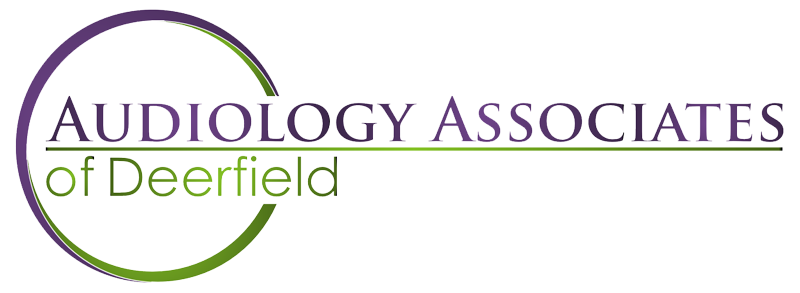We frequently see patients who have questions about hearing screenings. They want to know what makes a hearing test different from a hearing screening. A screening is typically free of charge. An evaluation most often comes with a cost.
A screening simply put is pass or fail. Tones are presented at a set level and either you hear them, or you don’t. When a hearing screening fails, the next step is a comprehensive exam to gain a better understanding of exactly what has changed. A complete test can answer questions such as how much hearing loss and what part of the ear is affected. When you pass a hearing screening, the assumption is that hearing is normal, however, it is prudent to follow up with a complete evaluation if you have any concerns about your ears. There may be underlying factors that a full battery of tests can unveil.
A complete hearing test measures the softest sounds that are possible for you to hear from bass to treble, just like the keyboard of a piano. It is important from a communication standpoint to know which vowel and consonant sounds are heard and which sounds are missed. Testing frequencies that go beyond the normal speech range can address early changes in hearing that are otherwise missed. Measurements are completed with two different headsets. A pair of headphones will check the path of hearing from the outer ear to the inner workings of the hearing system. A second headset placed behind the ear will send a signal directly to the hearing nerve. Combining this information determines where changes in hearing are occurring. A hearing exam will also measure the ability to understand speech in both quiet and in noise. And finally, levels of comfort and discomfort are assessed.
When there are unexpected results, it is up to the Audiologist to decide what other information is needed to paint a complete picture. After the necessary data is collected and calculated, decisions are made to allow for the best possible outcome. A change in hearing may require referral to a physician, auditory therapy, custom ear protection, tinnitus treatment, or hearing assistance. There is a notable difference between screening hearing and having a complete or comprehensive evaluation. A screening will assist in deciding whether further testing is needed. A complete evaluation allows for making a diagnosis. An Audiologist will customize the evaluation as each set of ears is unique. We’d love to see yours.
http://www.chicagonow.com/say-what/2020/01/hearing-screening-vs-hearing-test/ https://www.audiologyillinois.com/hearing-screening-vs-hearing-test/
